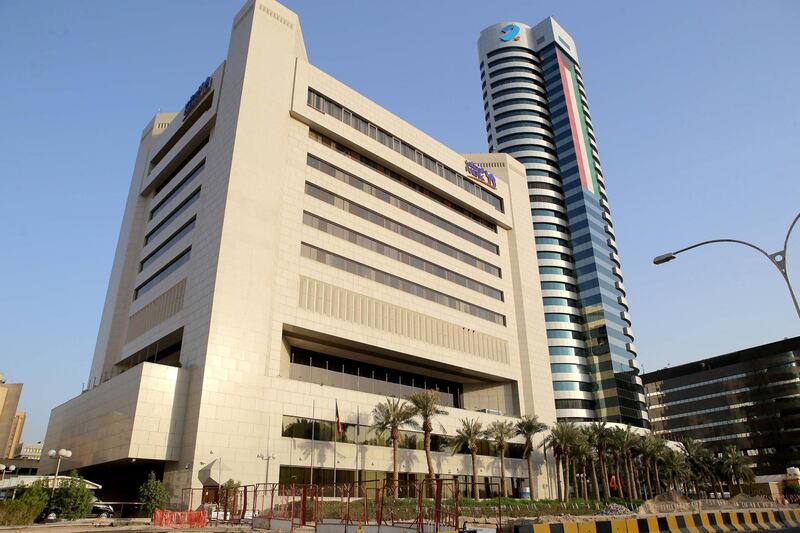National Bank of Kuwait, the country’s largest lender, plans to hire hundreds of bankers and open more branches in Saudi Arabia to tap opportunities in the kingdom.
NBK, as the bank is known, aims to expand in Riyadh and Dammam by the end of next year, George Richani, chief executive of NBK’s International Banking Group, said in Egypt. The bank opened its first branch in Jeddah in 2006, according to its website. NBK is also considering branches in India and Germany, Mr Richani said.
The bank’s Egyptian unit plans to have 4 to 5 new branches in the most populous Arab country next year, Yasser Hassan, the managing director at NBK Egypt, said separately. NBK Egypt expects 20 per cent growth in loans in 2018 because of a widely-expected decline in interest rates and a recovery in economic growth, he said. A “large chunk” of this increase will be to small to medium-enterprises, as well as retail and big companies, he said.
____________
Read more:
Kuwait seeks advisers for stock exchange stake sale
Bahrain banks launch R&D firm to drive growth of Islamic fintech
____________
In October NBK said third quarter profit advanced 7.3 per cent, boosted by net interest income and income from Islamic financing.
Net income attributable to the shareholders of the bank increased to 73.67 million Kuwaiti dinars (Dh895.4m) in the three months ended September compared to 68.65m dinars in the same period last year. Net interest income and net income from Islamic financing gained 13 per cent to 161.05m dinars in the third quarter compared to 142.8m dinars in the corresponding period last year.
The gains came despite an increase in provision charge for credit and impairment losses and increase in staff expenses. Money set aside to cover bad debt increased to 60.5m dinars in the third quarter versus 41.9m dinars while staff expenses rose to 38.6m in the quarter from 35.5m in the same period last year.






